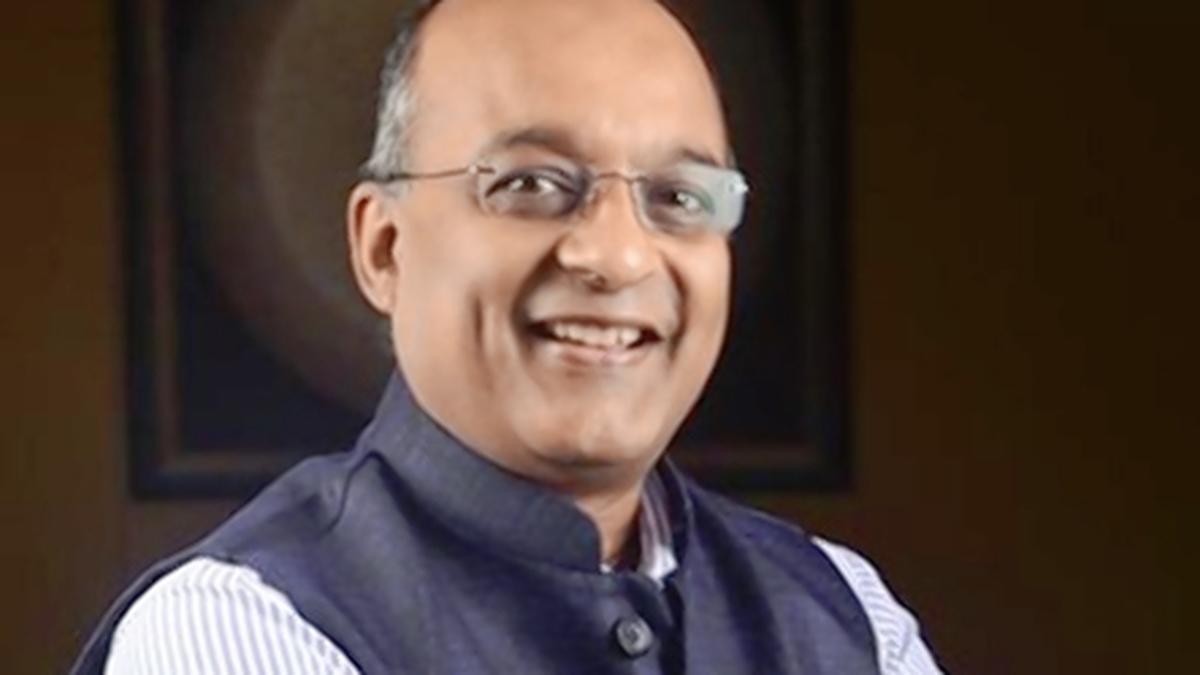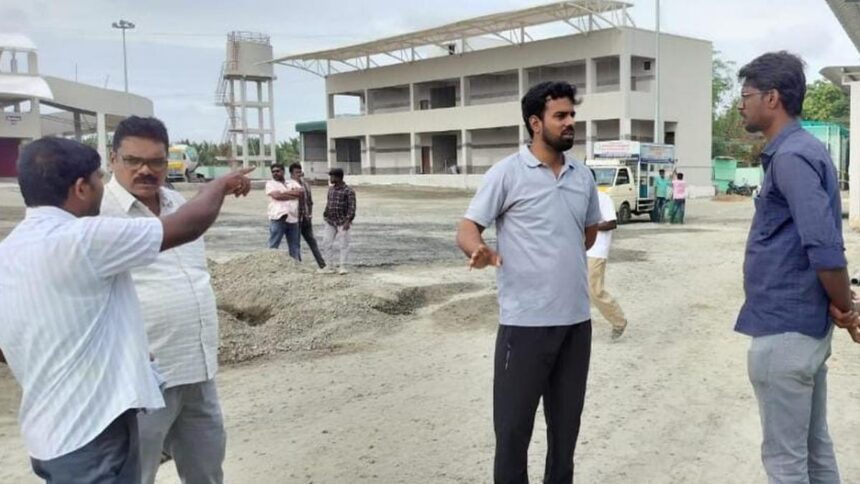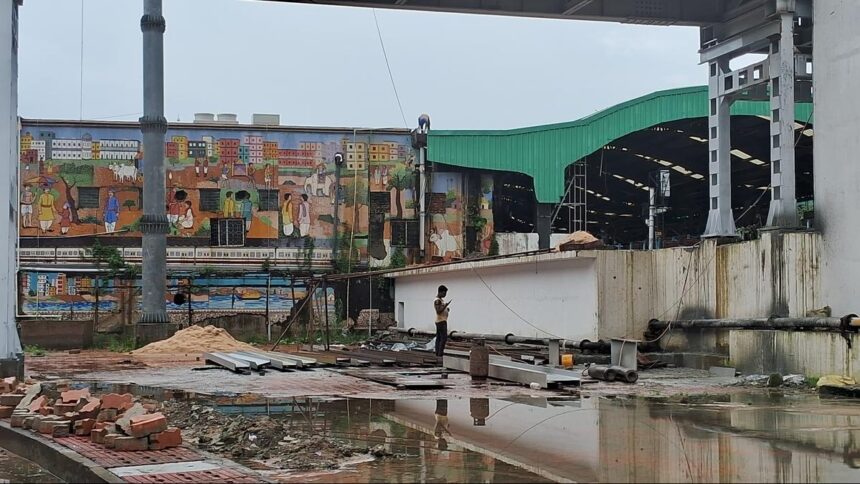
Sashidhar Jagdishan, HDFC Bank CEO, had moved the High Court on July 14, contending that the magistrate had acted prematurely by issuing notice before recording the verification statement of the complainant and witnesses, which is a statutory requirement under Section 223. File
| Photo Credit: The Hindu
The Bombay High Court has set aside a magistrate’s order issuing notice to HDFC Bank Chief Executive Officer and Managing Director Sashidhar Jagdishan in connection with a private criminal defamation case filed by the Lilavati Kirtilal Mehta Medical Trust and its permanent trustee, Prashant Mehta.
The complaint was lodged before the Judicial Magistrate First Class alleging offences of criminal breach of trust under Sections 356(1), 356(2), 356(3) and 3(5) of the Bharatiya Nyaya Sanhita (BNS), 2023. These provisions deal with dishonest misappropriation of property and impose stricter penalties on public servants, bankers, or agents found guilty of such offences.
On June 16, the magistrate directed issuance of notice to Mr. Jagdishan and others under Section 223 of the Bharatiya Nagarik Suraksha Sanhita (BNSS), 2023, which governs procedures in criminal complaints.
Challenging this order, Mr. Jagdishan had moved the High Court on July 14, contending that the magistrate had acted prematurely by issuing notice before recording the verification statement of the complainant and witnesses, which is a statutory requirement under Section 223.
‘Legally unsustainable’
Justice S.M. Modak, in a detailed oral order dated August 5 that was made available on Monday (August 18, 2025), said the magistrate’s action was legally unsustainable. “Section 223 does not say a hearing is to be given prior to recording verification. If that could have been the intention of the legislature, then they could have said ‘notice needs to be given prior to recording verification’. However, that was not intended by the legislature,” the judge observed.
The court further clarified the procedural sequence. “After filing of complaint, there has to be verification of the complainant and witnesses and when prior to decision on taking cognizance is taken, the accused needs to be heard. Hearing the accused cannot be interpreted prior to recording the verification and the statement of witnesses if any.”
Rejecting the complainant’s argument that notice could be issued even before verification, Justice Modak noted: “The proviso is nothing but an exception to what is stated in the opening part of Section 223. The purpose behind inserting the proviso is that there should be a check on frivolous complaints at the first stage itself.”
Senior advocate Aabad Ponda, representing the Lilavati Trust, submitted that since cognisance had not yet been taken, the notice was valid and within the magistrate’s powers. Mr. Ponda urged the court to interpret the proviso to Section 223 independently, suggesting that the law permits notice at the pre-verification stage as well.
Senior advocate Ravi Kadam, appearing for Mr. Jagdishan, argued that the notice without verification was contrary to law.
“Instead of staying the impugned order, I am inclined to set it aside. The trial court may record verification of the complainant and of the witnesses, if any, and then pass the appropriate order. The order of issuance of notice to proposed accused dated 16th June 2025 is quashed and set aside,“ the order said.
The court also emphasised that the accused would have the opportunity to defend themselves at the proper stage. “The proposed accused will get a chance to challenge any order passed by the learned magistrate after the verification is recorded before the appropriate forum. Furthermore, they will be given a right of audience before the magistrate after verification is recorded. This is sufficient protection of the rights to the proposed accused.”
Published – August 18, 2025 11:07 pm IST




















